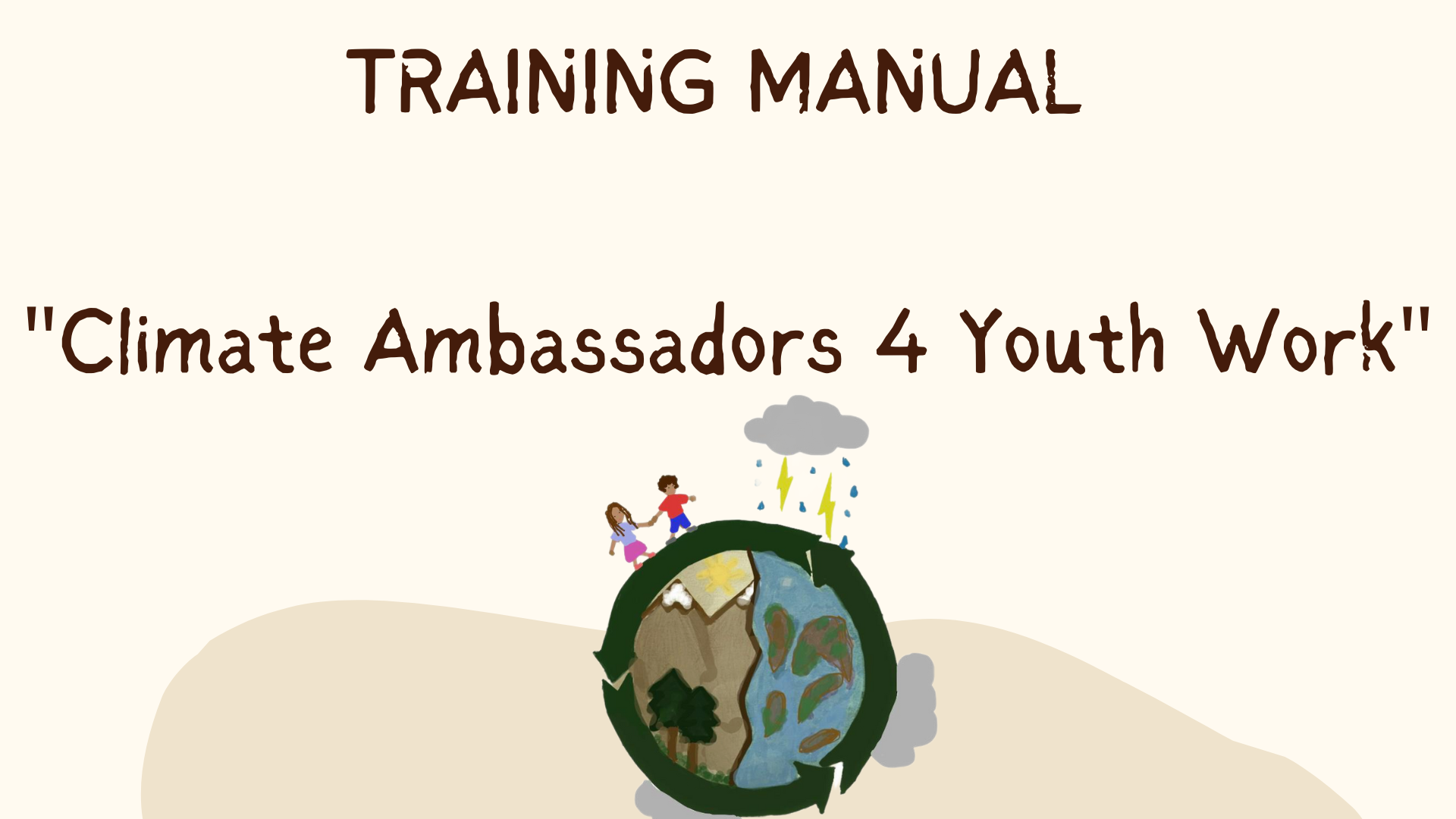The project Climate Ambassadors 4 Youth work was implemented between 1-9 May 2023 in Bansko, Bulgaria.
Throughout the project, the main focus was on the development of competences and the education of youth workers in the field of climate change. Recognizing the profound impact that the knowledge and skills gained by young people today will have on shaping the world of tomorrow, it became increasingly crucial for youth workers to equip themselves with a deep understanding of climate change education.
The project aimed to achieve several specific objectives for youth workers. Firstly, it aimed to enhance their comprehension of the threat posed by climate change to both present and future generations. By exploring the causes and effects of climate change and understanding the influence of human activities, participants were able to grasp the urgency and magnitude of the issue.
Moreover, the project sought to shed light on the principles of Intergenerational Justice and Accountability. It emphasized the fact that today’s young people will bear the consequences of climate impacts caused by previous generations, highlighting the importance of addressing these issues in a fair and accountable manner.
The significance of climate change mitigation and adaptation was another key aspect of the project. Participants delved into the understanding of how these measures can prevent the adverse effects of climate change on human life and the planet as a whole.
The concept of Climate Justice was also thoroughly explored during the project. It prompted participants to contemplate the unfortunate reality that those who are least responsible for climate change often suffer the gravest consequences. This examination of the inequalities and disparities related to climate change aimed to foster a sense of empathy and drive for action among the youth workers involved.
Additionally, the project encouraged discussions on climate change implications at the global level, encompassing the Sustainable Development Goals (SDGs) and the European Green New Deal. By exploring these frameworks, participants gained a broader understanding of the broader context in which climate action takes place.
Understanding the varying motivations of young people in engaging with climate change was another vital aspect of the project. Participants explored the factors that either empower or demotivate youth in taking action, with the goal of equipping youth workers with strategies to effectively empower and engage young people in climate action.
The acceptability and effectiveness of different forms of social action in response to climate change were also thoroughly discussed. By examining various approaches, participants gained insights into the most impactful ways to mobilize communities and drive positive change.
Finally, the project aimed to prepare participants to integrate their newfound knowledge and insights into their youth work practice. Through the creation of common project proposals, participants were encouraged to apply what they had learned and make a tangible difference in their work with young people.
Overall, the project successfully empowered youth workers to become catalysts for change in the realm of climate education. By fostering a comprehensive understanding of climate change and its implications, the project aimed to equip participants with the tools and knowledge necessary to shape a sustainable and resilient future.
The project was funded by Erasmus + program.

